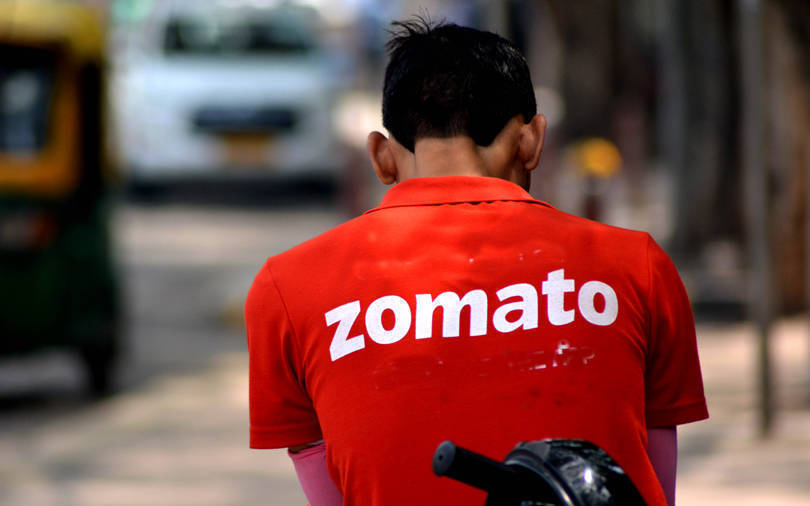
Lessons from the Zomato Crisis and why New Age Brands and Startups need to Look before they Leap
16 Aug 2019
Social media platforms are a great way for brands to be at their creative best and engage with their audiences. But this engagement involves a customer, happy or aggrieved as well. It often takes one angry tweet or one malicious statement to cause damage. Here lies the challenge for PR crisis managers.
A recent example is that of Zomato, the online food delivery platform. On July 31, a customer tweeted to the company that he didn’t accept a delivery because the executive belonged to a particular religion. Zomato responded with its now memorable “Food is religion” statement. Applause and support for Zomato followed. There were angry tweets too, accusing the company of hypocrisy. One-star ratings were doled out for the app. Meanwhile, Zomato continued to trend. The overarching sentiment was positive. It looked like the brand had reacted strongly to the crisis and had benefited from the customer’s behaviour.
Just as the storm was dying out, a fresh one broke out. This time, it was a group of delivery executives going on a strike in Howrah, West Bengal. They were expressing their unwillingness to deliver beef and pork. The brand released an official statement clarifying that delivery partners were made to understand the practical nature of the job when they entered the Zomato workforce. It added that in a country as diverse as India, “it is impossible to ensure that vegetarian and non-vegetarian preferences are factored into delivery logistics.” The brand promised to look into the issue and resolve it while the issue refuses to die out in the media.
Understand sentiments: The first lesson from such a controversy is to understand the beliefs and sensibilities of the market in which a brand is operating. India is not a homogenous society; there are different religions, languages and cultures, and brands need to be respectful of all of them. Any statements issued should keep that in mind.
Be upfront: Brands can’t hide behind vague statements all the time. They need to take a stand against requests for preferential treatment. This, Zomato did. The brand reacted with a smart comeback. It also issued a note on food tags used on the platform and tried to explain that it was not discriminatory in any sense. So far so good.
Learn to second guess: ‘Food is religion’, which seemed like a smart comeback, and was retweeted extensively, was also a convenient handle for the naysayers to exploit. Which was what happened when the brand’s delivery executives went on strike. The issue was no longer about customers and their preferences but employees and the brand itself.
Get ahead of the story: If the PR team had second-guessed that its ‘Food is religion’ may have other ramifications, it would have possibly averted the second crisis. How? Through affirmative action and communication following that tweet. A series of follow-up tweets or a campaign giving voice to its delivery executives who share the company’s values. A social media and PR campaign about the values the brand stands for, and why it believes in them. Zomato did release a statement mentioning that its delivery partners were made to understand what the job entailed but it needed amplification and better execution.
Look within: A crisis is also a good time to examine if all is well within the organisation and put out the fires within. Are the delivery executives aligned with the brand values and are they happy? Brands need to convey the ‘all-is-well’ message to all stakeholders and not just customers or the media, and in quick time at that.
Be authentic and transparent: Sometimes taking a stand may put off customers who disagree but the brand gains greater respect and loyalty by being authentic and honest. Over the long run, a crisis is an opportunity.
This is an age when brands can no longer afford an ostrich-like approach towards issues pertaining to race, religion or gender. Having said that, PR crisis managers can certainly speak out with empathy and sensitivity, especially a heterogenous country like India.
